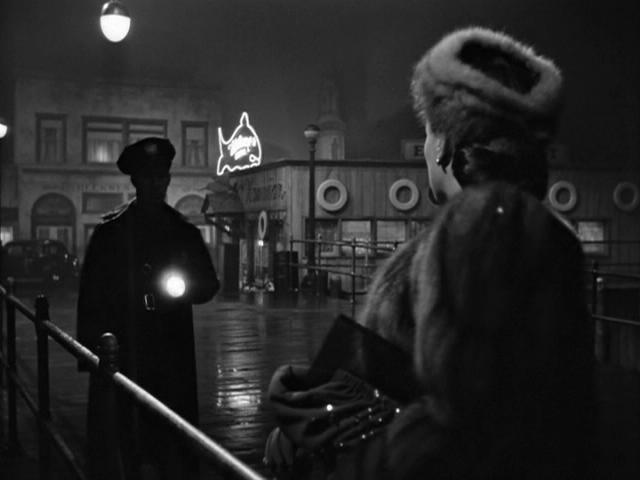
 |
| Photo © 1945 Warner Bros. Pictures |
| Academy Award Nominations and Winners: | |
| Best Picture | |
| ★ | Best Actress: Joan Crawford |
| Best Supporting Actress: Eve Arden | |
| Best Supporting Actress: Ann Blyth | |
| Best Screenplay: Ranald MacDougall | |
| Best Cinematography (Black & White): Ernest Haller | |
| Other Awards: | |
| National Board of Review: Best Actress (Crawford) | |
| Permalink | Home | 1945 | ABC | Blog |